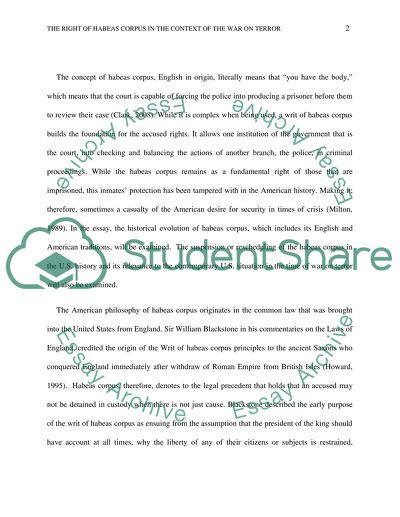Cite this document
(“Final paper Research Example | Topics and Well Written Essays - 1000 words - 3”, n.d.)
Final paper Research Example | Topics and Well Written Essays - 1000 words - 3. Retrieved from https://studentshare.org/social-science/1672141-final-paper
Final paper Research Example | Topics and Well Written Essays - 1000 words - 3. Retrieved from https://studentshare.org/social-science/1672141-final-paper
(Final Paper Research Example | Topics and Well Written Essays - 1000 Words - 3)
Final Paper Research Example | Topics and Well Written Essays - 1000 Words - 3. https://studentshare.org/social-science/1672141-final-paper.
Final Paper Research Example | Topics and Well Written Essays - 1000 Words - 3. https://studentshare.org/social-science/1672141-final-paper.
“Final Paper Research Example | Topics and Well Written Essays - 1000 Words - 3”, n.d. https://studentshare.org/social-science/1672141-final-paper.


